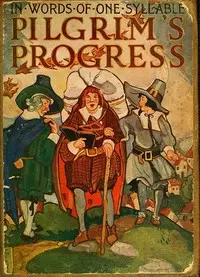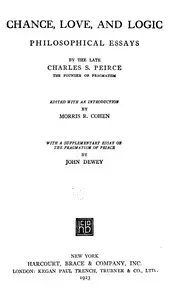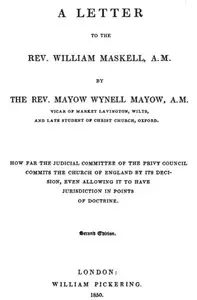"Peradventure; or, The Silence of God" by Robert Keable is a story about a young, enthusiastic evangelist named Paul Kestern, who wants to share his religious beliefs and love with the less fortunate people living in the tough neighborhood of Lambeth Court\. The book looks at ideas about trust, fairness in society, and how people connect with each other, especially within the Christian community of the early 1900s\. When Paul first enters Lambeth Court, he sees how hard life is for the people there, with lots of poverty and illness\. Because he really wants to spread his religious message, Paul starts planning a public meeting to connect with the people\! His talks with his family and friends show how hopeful and dedicated he is to his beliefs and responsibilities, which gets him ready for bigger spiritual and ethical problems as the story goes on\. The beginning chapters not only show us what kind of person Paul is but also give us clues about the problems and changes he will experience as he tries to find his way between his strong religious passion and the difficult parts of a world that's changing.

Peradventure; or, The Silence of God
By Robert Keable
In a world of faith and hardship, a zealous young man confronts the silence of the divine as he attempts to bring salvation to a community shrouded in poverty.
Summary
About the AuthorRobert Keable was a British novelist, formerly a missionary and priest in the Church of England. He resigned his ministry following his experiences in the First World War and caused a scandal with his 1921 novel Simon Called Peter, the tale of a priest's wartime affair with a young nurse. The book sold 600,000 copies in the 1920s alone, was referenced in The Great Gatsby, and was cited in a double murder investigation. Fêted in the United States, but critically less than well-received, Keable moved to Tahiti where he continued to write, producing both novels and theological works, until his death at age 40 of kidney disease.
Robert Keable was a British novelist, formerly a missionary and priest in the Church of England. He resigned his ministry following his experiences in the First World War and caused a scandal with his 1921 novel Simon Called Peter, the tale of a priest's wartime affair with a young nurse. The book sold 600,000 copies in the 1920s alone, was referenced in The Great Gatsby, and was cited in a double murder investigation. Fêted in the United States, but critically less than well-received, Keable moved to Tahiti where he continued to write, producing both novels and theological works, until his death at age 40 of kidney disease.
















